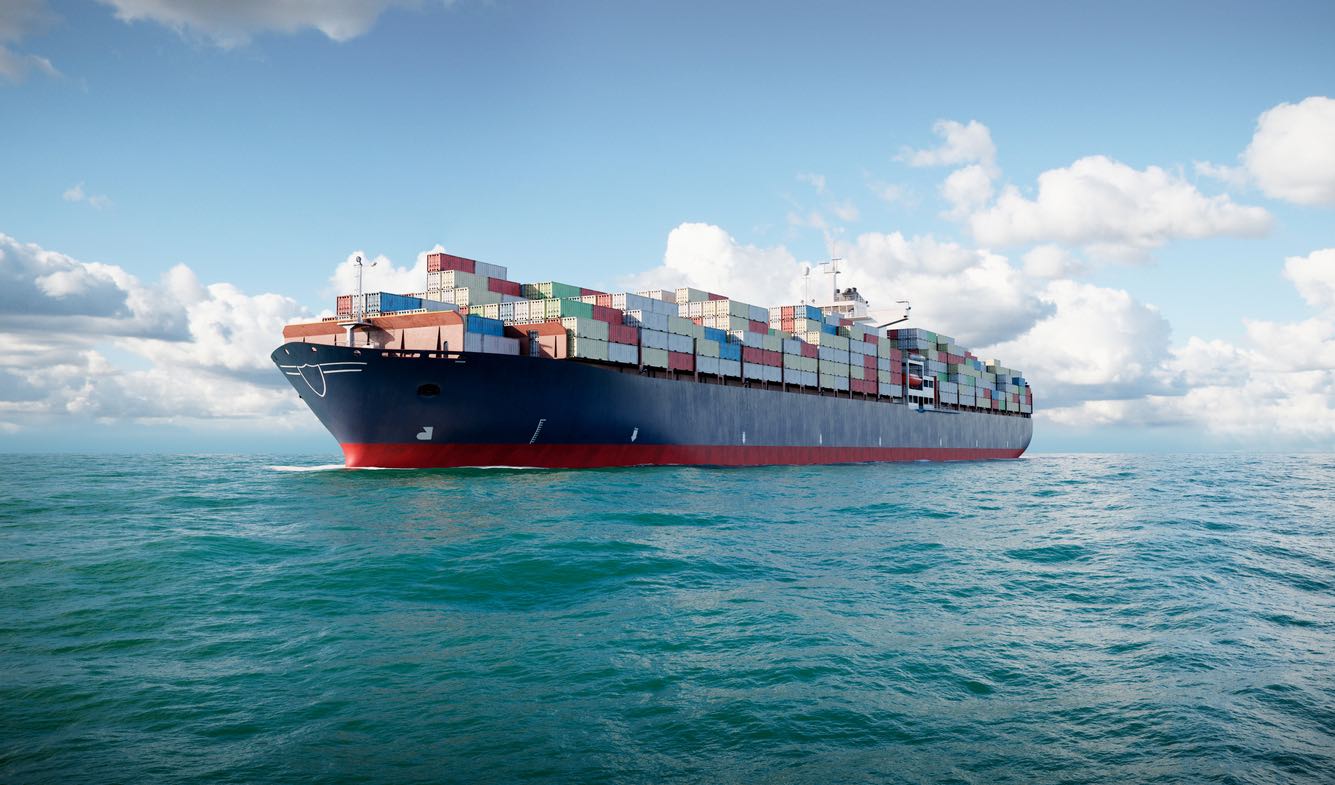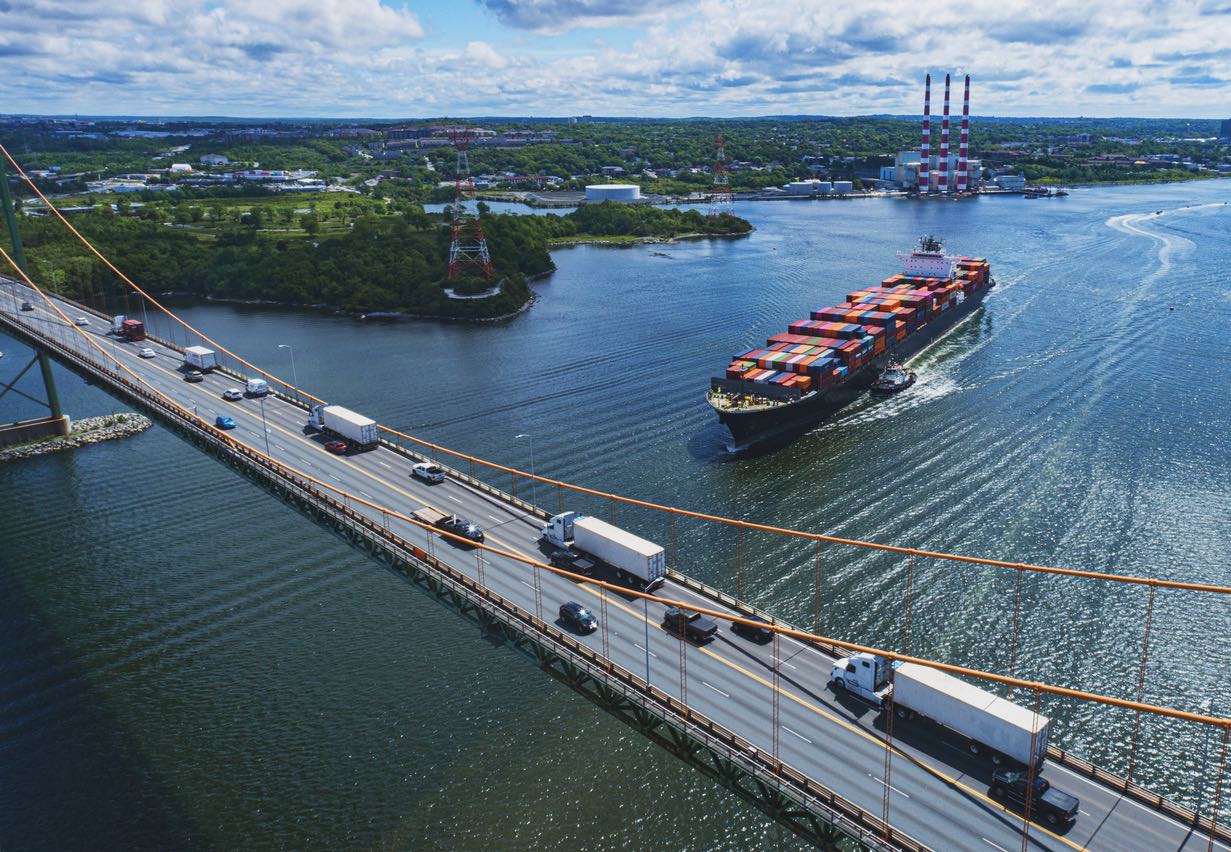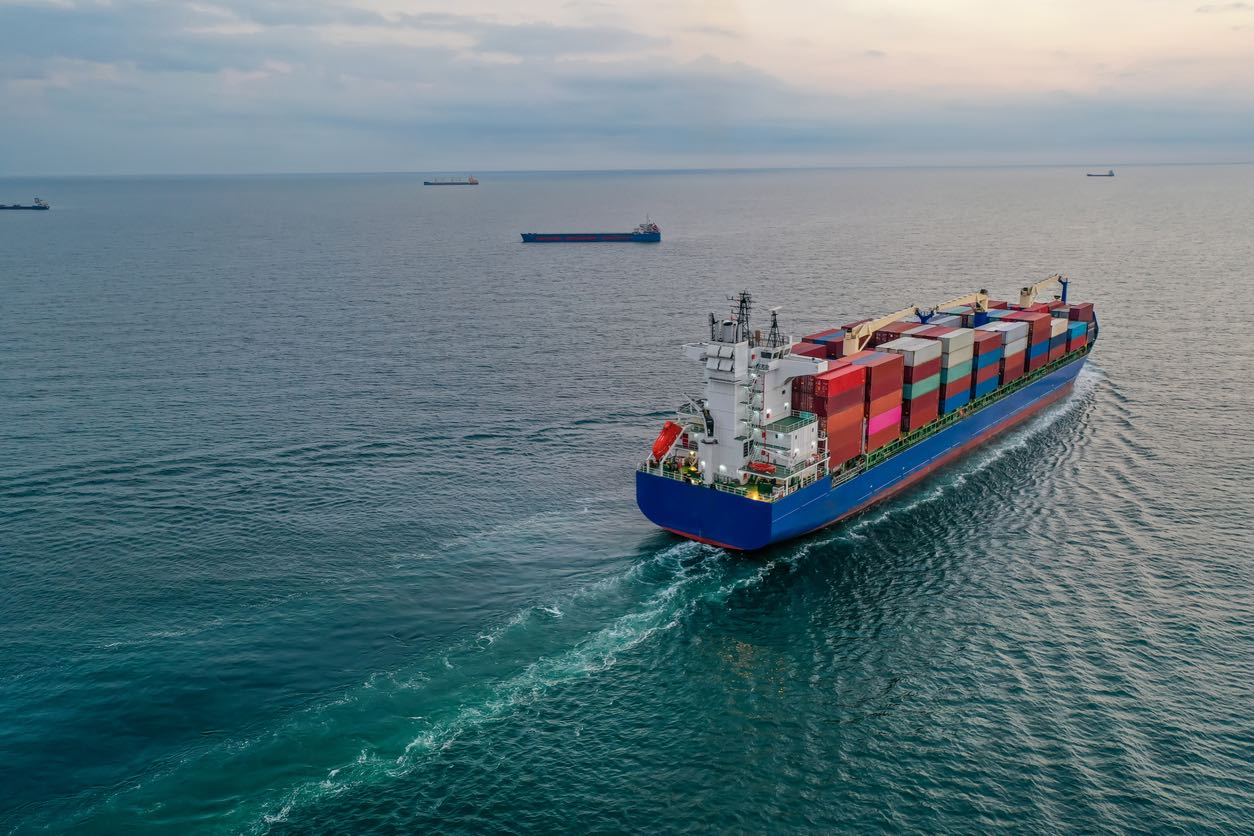In the world of international trade, maritime transport is gigantic, accounting for almost 70% of all freight. Its imposing presence on the global scene is proof of its exceptional qualities and effectiveness rather than a coincidence. The impact of marine transportation in the US goes much beyond the docks and harbors. It permeates every aspect of the economy, having a significant influence on everything from the cost of basic goods to the complex dynamics of international relations. The vital vein that pumps the lifeblood of trade across continents and oceans is this enormous network of ships, ports, and maritime routes.
The dominance of marine transportation in the United States is a reflection of a complex global system where trade, policy, and logistics combine, rather than solely being a function of its enormous capacity or economic efficiency. This mode of transportation links markets, cultures, and economies in addition to moving products. An important part of the American economic engine is derived from maritime freight, which provides a bridge between far-off coastlines. It gives American companies the ability to prosper in the international market by enabling them to import and export goods at a rate that is just unmatched by other means of transportation. Our understanding of the vital role marine freight plays in not only supporting but also advancing the international economy grows as we learn more about it.

When it comes to global trade, sea transportation is a titan due to its efficiency and capacities. Its supremacy is not accidental; rather, it is the outcome of a special blend of global interconnectedness, enormous capacity, and economic viability. In the United States, where the import and export of commodities determine the ebb and flow of the economy, maritime transport is not only a need but also a driving force behind the growth of enterprises and industries.
Economic Viability When compared to its air and land competitors, maritime freight shipping is more economical, making it an excellent choice. It’s particularly important when considering the United States, a major player in international trade, where the efficient flow of large amounts of products is essential. This cost advantage includes the ability to transport big volumes in a single voyage and fuel economy in addition to lower shipping rates. This results in considerable cost savings and a competitive advantage for companies of all sizes in the global marketplace.
Capacity for Massive Shipments For American companies, the ability of ocean transportation to handle massive quantities is revolutionary. It’s not just about space; it’s also about having the capacity to move big, heavy objects across enormous oceanic distances, such as large construction materials and car components. This feature is very beneficial to industries that depend on importing big quantities of commodities or raw materials. Because of its scalability and adaptability, maritime shipping can adjust to the changing demands of many industries, making it an extremely useful and adaptable means of transportation.
Global Reach and Connectivity One of the main reasons maritime transport is so dominant is its global reach. It is the lifeline of international trade, connecting the United States with every significant market on the planet. This high level of connectivity serves more purposes than just expanding reach geographically; it also opens doors for American companies looking to expand into emerging markets, strengthens linkages with other countries, and stimulates economic growth. Maritime transportation is essential to extending the economic power and reach of the United States in a world where international links are becoming more and more important.
Together, these three elements—economic feasibility, the ability to handle large shipments, and worldwide reach—solidify maritime transport’s dominant position in the world’s freight market. Using this form of transportation is crucial to the United States’ commerce and economic structure; it’s not merely a plan.

The successful operation of international trade and the US economy depends on the huge and complex global freight system that is represented by maritime transport, which goes beyond just moving ships across seas. The foundation of maritime transportation is this system—a complicated tapestry stitched together by effective logistics and extensive international networks. It guarantees the smooth movement of goods, whether they are completed items or raw resources, throughout the world, supporting the strong trade framework that the US depends on.
The Role of Logistics Effective logistics are essential to maritime transportation; they are not only one of its constituent parts. In the US, the capacity to guarantee that items are delivered not only in a timely and safe manner but also in the most economical manner is the fundamental component of logistics management. This part of maritime transportation entails more than just moving cargo; it also includes careful planning, efficient routing, prompt clearance, and handling of cargo. Thus, logistics management stimulates trade efficiency and economic growth by having a direct impact on company performance and consumer pleasure.
Complex Global Networks A sophisticated worldwide network with a web of interdependencies involving a wide range of stakeholders is at the core of maritime transport. They are suppliers of natural resources, producers, distributors, and consumers, among others, all of whom are essential to the supply chain. This network serves as more than just a means of transporting commodities in the United States; it is a vital component of many industries, from technology to agriculture, and it makes a substantial contribution to both the domestic and international economies. It is essential for organizations to comprehend and navigate this network in order to prosper in the cutthroat global marketplace.
This networked system, which includes worldwide networks and logistics, is dynamic. It is always changing, adjusting to new developments in technology, modifications to laws, and adjustments to the patterns of international trade. Therefore, in order to ensure that American businesses and policymakers remain robust and competitive in the ever-changing world of global trade, it is imperative that they stay up to date on these developments and comprehend their ramifications.

Rising Above Geopolitical and Environmental Challenges With amazing resilience, the maritime shipping industry has navigated through treacherous waters typified by geopolitical conflicts and environmental concerns. These obstacles, which can include everything from trade disputes to more stringent environmental rules, have forced the business to change constantly. This adaptability in the US is a proactive tactic to keep a competitive advantage in the global market, not just a reaction to outside challenges. The industry’s adaptability is demonstrated by its capacity to change routes, broaden trade alliances, and have diplomatic discussions. Furthermore, the industry’s dedication to sustainability is demonstrated by its adoption of green shipping practices, such as the use of low-sulfur fuels and investments in cleaner technologies. These actions not only address environmental issues, but they also establish the American maritime sector as a pioneer in environmentally responsible international trading methods.
Embracing Technological Innovations and Regulatory Changes The maritime shipping sector in the United States has demonstrated resiliency by adopting new regulations and embracing technology developments. Operations have been revolutionized, becoming more efficient and safe because to innovations like automated cargo handling, sophisticated navigation systems, and data analytics for route optimization. Furthermore, the industry’s adherence to international laws, such as the environmental and safety standards set forth by the International Maritime Organization (IMO), shows that it is flexible enough to adjust to changing global standards. In addition to guaranteeing seamless international operations, this compliance enhances the industry’s standing and strengthens the United States’ position as a trustworthy and accountable trading partner. The industry is essential for navigating the changing global trade scene because of its forward-thinking strategy, which is demonstrated by its ability to incorporate technology and comply with changing rules. This flexibility shows the marine sector as a cornerstone of American trade resiliency and innovation, supporting the industry’s expansion while also bolstering the American economy.

Addressing Environmental Concerns Despite being essential to international trade, the maritime freight sector faces serious environmental issues. The industry has a significant impact on greenhouse gas emissions, mostly because cargo ships heavily rely on fossil fuels for propulsion. The U.S. is seeing a rise in research and development to create more environmentally friendly shipping procedures as a result of this environmental imprint. At the forefront of lowering the industry’s environmental effect are initiatives like switching to low-sulfur fuel, making investments in electric and hybrid propulsion systems, and increasing operational effectiveness. These developments demonstrate the industry’s commitment to a cleaner future and are in line with global environmental goals. They also make maritime transit more appealing to environmentally concerned enterprises and customers.
Technological Innovations and Industry Adaptation Apart from the issues related to the environment, the maritime freight industry also has to deal with the difficulties brought about by the swift advancement of technology. The maritime shipping industry is changing as a result of the digital revolution, which has brought forth innovations like blockchain for safe and effective tracking, AI for predictive maintenance and optimized routing, and IoT for improved cargo monitoring. Accepting these technical developments is essential for the United States to keep a competitive edge in the international market. These innovations greatly increase safety and dependability, two essential components of any shipping business, in addition to streamlining processes. Through these investments, the U.S. marine industry is future-proofing itself against impending problems and adjusting to present demands, assuring its sustained relevance and domination in the global trade arena.
The U.S. maritime freight business is leading the world in sustainable and effective shipping by adopting technical improvements and resolving environmental problems. These developments not only support the industry’s economic sustainability but also improve its reputation, making it a more appealing choice for contemporary companies and customers.

Maritime transportation is essential to the American economy and goes beyond simple commerce. It is essential to the nation’s trade and commerce due to its capacity to move massive volumes at a reasonable cost and access international markets. The impact of this industry goes beyond simple transportation; it is essential to keeping the United States’ competitive advantage in the world economy. The smooth incorporation of maritime freight into the supply chain highlights its significance in upholding the American way of life, encompassing both the food we consume and the everyday items we utilize.
Moreover, it is impossible to exaggerate the strategic significance of marine freight to the United States. It frequently serves as a gauge for the state of international trade ties and is a vital enabler for economic and diplomatic initiatives on a global scale. This industry’s flexibility and fortitude, particularly in the face of worldwide issues like climate change and geopolitical upheavals, underscore its critical position in both sustaining and influencing the trajectory of the American economy. The ongoing development and modernization of maritime freight will be essential to improving the sustainability and efficiency of international trade going forward, solidifying its position as a vital component of the US economy.

Ship A Car, Inc. (SAC) is the most trusted freight and vehicle shipping broker in the United States, and it doesn’t matter why you need shipping services; SAC is the best there is. SAC has distinguished itself in the market thanks to its dedication to providing high-quality service and putting the needs of its clients first. Simply give us a call at (866) 821-4555 to get a free estimate and discover the best shipping solutions available.
Q: Why is maritime transport dominant in global trade?
A: Because of its low operating costs, its ability to process big volumes, and its global reach, maritime transport is the industry standard. This makes it an excellent choice for international commerce.
Q: In what ways does the use of maritime transportation enhance the economy of the United States?
A: It enables the effective import and export of goods, connects the United States to worldwide markets, and provides support to a variety of industries, all of which contribute to an increase in the economy’s overall growth.
Q: What kinds of obstacles does maritime freight shipping have to overcome in the United States?
A: Impacts on the environment, the requirement for technological advancements, and the necessity of responding to shifting patterns of global trade are among the most significant concerns.




